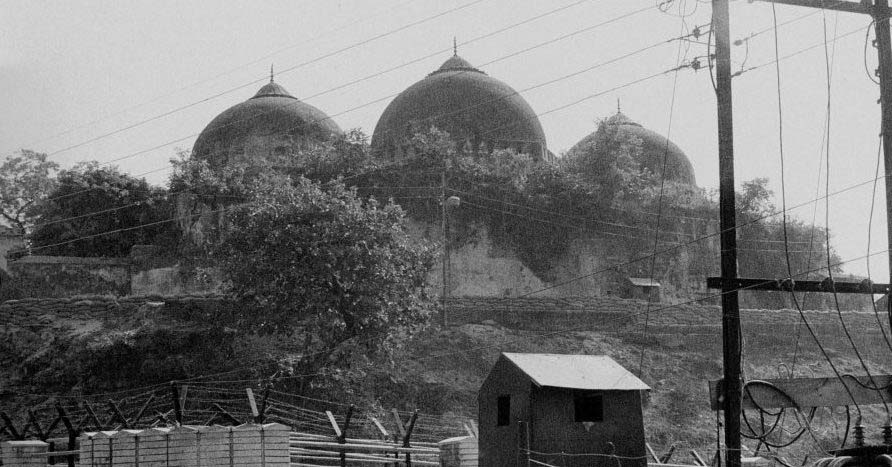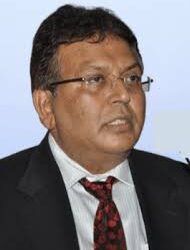The Constitution Bench of Supreme Court has delivered its verdict on the Babri Masjid Demolition dispute. The verdict focuses more on public harmony and peace rather than dealing with juridical approach. The leading English daily ‘The Hindu’ has pointed out in its editorial dated 11th November 2019 certain contradictions in the judgment, while welcoming the verdict at large, which are summarised as under:
- The verdict has pointed out that the installation of the idols of Ram and Sita inside the mosque in 1949 and the demolition of the mosque in 1992 were unlawful. Such mentioning has added strength to secularism psychologically. But the permission granted to construct the temple for Rama and decision that the disputed site belongs to Hindus are disappointing. While the demolition of Babri Masjid is condemned, the verdict has justified it.
- Two parties have claimed their right over the disputed site as per the verdict. The party which impleaded it in the case has instigated violence meticulously. The Masjid was demolished by Vishwa Hindu Parishad. Bharatiya Janata Party rendered its support fully for it. The party which caused violence has impleaded the case on behalf of ‘Ram lalla’. Between the two parties, the one party that caused violence and then impleaded in the case, has to be borne.
- The Supreme Court judgment contradicts with the conclusion arrived by in the case. Archaeological report has been reckoned as evidence. The archaeological work was possible in the site because of the demolition of Masjid, the SC accepts. The Court has reckoned, the evidence of archaeological report, conducted because of the demolition of Masjid, in favour of the party who demolished it. This is the benefit derived by the party who demolished the Masjid.
- The archaeological report is said to have stated that there were artifacts in the demolished site supportive for the existence of temple at it in the 12th century C.E. But there was no evidence to prove that the Masjid was built after demolishing the temple on it. The Masjid came into existence in the 16th century. There is no evidence to prove what existed in the intermittent 4 centuries on the site.
- The Supreme Court confirms that prayers were conducted in the Masjid from 1857 to 1949. When the site was used by the Muslims for prayers and it was well within their control what privileges and rights could have been given to the Muslims.
- On behalf of Hindus, only a particular portion inside the Masjid is claimed as Ram Janma Bhoomi. When the Masjid has got two portion – the one, inner and the other, outer and when the Supreme Court confirms that the outer portion was well within the control of the Muslims, is it proper to offer both the portions as the rightful share of Hindus?
- When the Supreme Court says that the Muslim side has failed to prove that the site belongs only to them, is it proper to offer the full ownership (both portions) to Hindus who had the right limited to one portion?
- When the Supreme Court says that Hindu worship was in practice before 1857 i.e. prior to construction of Masjid and Muslims conducted their prayer in the site only after 1857, it has forgotten a vital point. In 1857, there was big clash between the groups which conducted prayers and worship. The British administration, at that time placed a segregating log in the outer portion and bifurcated the site by allowing the Hindus to worship. It is contrasting historically when the Supreme Court says that only worship by Hindus took place.
- In comparative terms, when the Supreme Court arrives at a conclusion that favourable opportunities are for Hindus, can it be construed in civil jurisprudence that the favourable opportunities means rightful ownership to only one party?
- Since 1992, religious riots and violence have been instigated based on Ram Temple issue and a movement was conducted for it. As counter, from Muslim side bomb blasts were held. All the accused in the Masjid demolition and the consequent riots have to be punished. The PM Modi who spoke on ‘New India’ should not give berth to Vishwa Hindu Parishad in the Trust to be formed to build Ram Temple.
- The Supreme Court verdict is delivered by respecting the faith of Hindus. It should not lead to project faith instead of law in future disputes, to be handled by the court.
Compiled by : nietzsche









